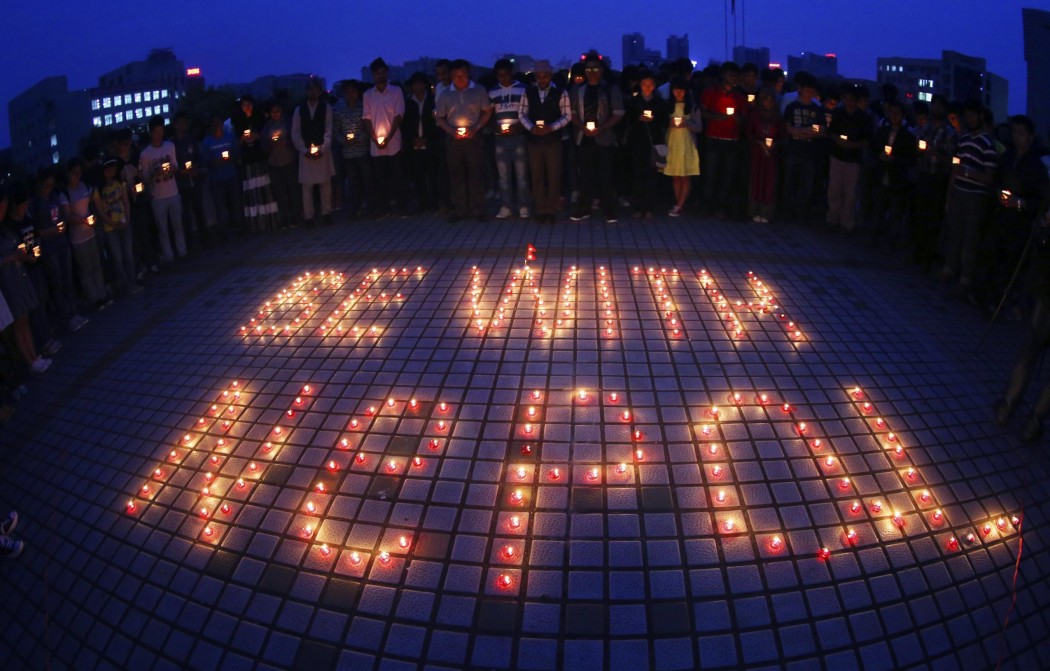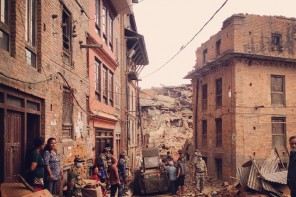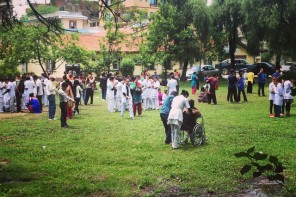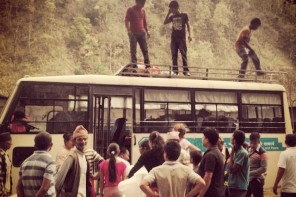Let’s talk about giving.
The catastrophic earthquakes in Nepal have claimed more than 8,500 lives and injured over 16,000 people, and aftershocks continue to rock the region. With monsoon season approaching, the need for aid money is even more urgent: more and more people are scrambling to build adequate shelters to shield themselves from the elements. The disaster is not in the news as often anymore, but that doesn’t mean that the need has dissipated – Nepal will need help from the international community for years to come. So if you are in a position to give, what can you do to help, and how can you ensure that your money is making the right kind of difference?
Feeling the urge to donate when you see people in need is wonderful, but it is imperative that you know exactly how your money is being used and into whose hands it is being sent. Some will argue that aid is aid, and how money trickles down through corrupt, nepotistic or poorly organized entities may seem like a moot point when so much help is needed – but sometimes misguided donations can cause more damage than you think. It is within your rights, and beneficial for the people you are trying to help, to request accountability and transparency from the organizations you give to. Don’t be tricked into donating blindly. Furthermore, and even more importantly, give with compassion, and understand that aid work and money mean nothing unless the people distributing relief do so with love and empathy for survivors.
Tewa, the organization we worked for, is one of the leading NGOs in Nepal. The word tewa means support in Nepali, and while the organization officially focuses on women’s and educational issues, its staff has been working around the clock to help with disaster relief efforts throughout Nepal since the earthquake. Tewa has focused its aid on communities that have been overlooked by the government and international aid groups. Many of these communities are made up of indigenous groups and people of lower status in the Nepali caste system.
On our second day in Nepal (nine days after the original earthquake), we visited a village called Tokalmath. Out of fifty houses in this village, sixteen collapsed and all were damaged. We learned from villagers that aid to their area had been lacking. They elaborated by telling us that people in the neighboring village who knew local government officials had received substantial aid, and that some families had two or three aid tents in their possession while families in Tokalmath had none. Aid from the government has at best been disorganized and at worst been corrupt, with only family and friends of government officials receiving help. Needless to say the people in these villages were beyond happy to see us. We traveled to many districts around the Kathmandu area while in Nepal, and the amount of international aid – while apparent – is still not enough when you compare it to the devastation. The allocation of international funds takes time to process, but by donating to local organizations there is the potential to affect positive change, and fast!
Again, I ask, which organizations can you trust to give fair and long lasting relief to survivors? The answer in my humble opinion is grass-roots foundations and local NGOs. There are many options to choose from, so you have to do your research. More often than not, the small non-profits working locally have the most expertise on how to distribute aid to their neighbors. Here’s a list of great organizations (approved by our friends at Tewa), where you can be sure that your money will go to survivors and not into the pockets of the undeserving:
Tewa
Child Workers in Nepal
Saathi
Maiti Nepal
Women for Human Rights
Let me be clear that these musings are not new; many people working in the non-profit sector have said this before. But it cannot be stressed enough. Do your research, and give to an organization you trust. As donors, it is not our prerogative to determine how funds should be allocated, but rather to trust in the good organizations that we decide to give money to. Rita Thapa, the founder of Tewa, recently wrote: “when monies come to us as conduits with trust, it is our duty to ensure that at least 85% goes directly into the hands of survivors, not the other way around. If it does not, then let us not call it ‘relief aid,’ let us be truthful and call it overhead.” Don’t let your money and good intentions become overhead; research before you give.
Just some food for thought.
Yours,
E. O. Bernstein






Nicely put. Kudos. https://canadiantoprxstore.com/ best canadian prescription prices